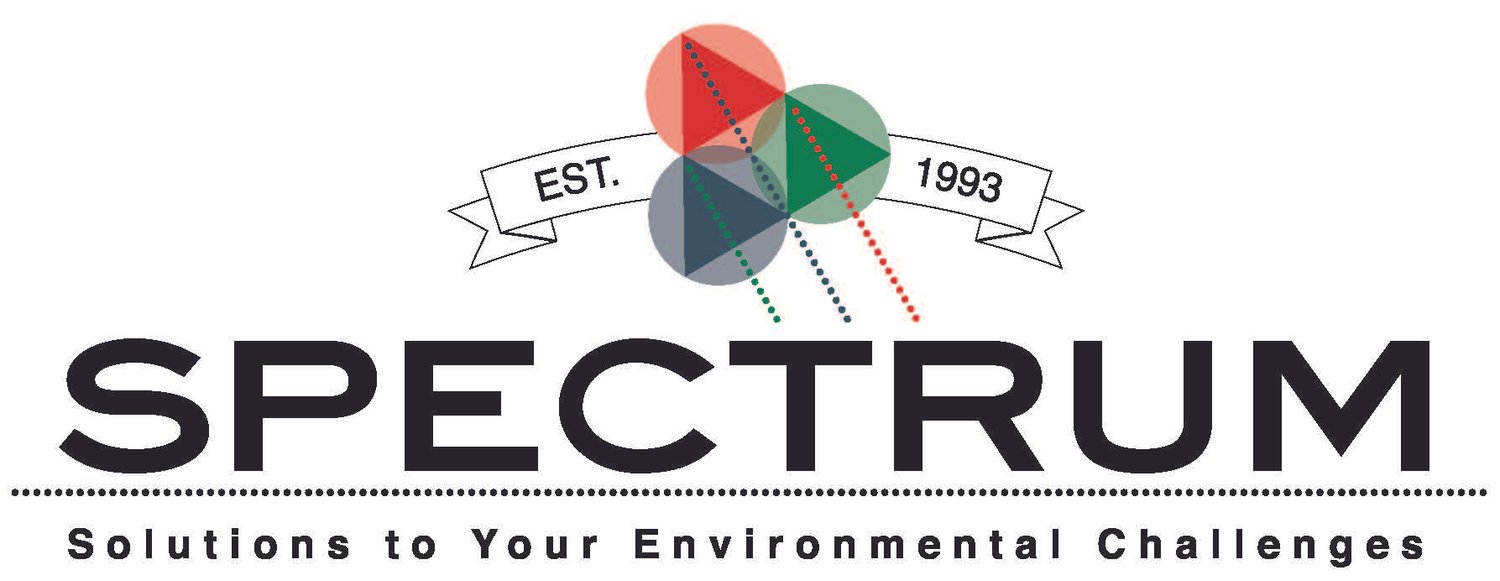The Benefits of Recycling Oil Absorbents for Reuse
You’re probably already aware of the importance of the proper disposal of used oil. Setting aside all of the regulations, used oil is insoluble, persistent, and often contains heavy metals and other toxic chemicals. It is slow to degrade, it sticks to everything, and can contaminate water supplies if allowed to escape into the environment. Recycling and reusing used oil is the preferred way to manage used oil, providing great environmental benefits.
In the case of used oil resulting from spills, leaks and maintenance, recycling and reusing becomes more difficult. Oil absorbents are used to collect spilled used oil to keep it from escaping into the environment. The typical way of managing these used oil absorbents was to collect them and treat them as hazardous waste due to the difficulty of recovering the oil from the absorbents. However, new technologies have emerged that allow companies such as Spectrum Sustainable Solutions to recover used oil from absorbents and return both to reusable states.
Oil absorbent recycling, also known as oil absorbent material reclamation or reprocessing, involves collecting, cleaning, and reusing oil absorbent materials like pads, booms, and socks that have been used to soak up oil or hydrocarbon-based fluids. An oil absorbent recycling program can offer several benefits for companies and our environment:
Cost Savings: Properly disposing of used oil absorbents can be costly, especially when they are contaminated with toxic metals and compounds. Recycling can reduce these disposal expenses. Reusing absorbent materials also eliminates the need to purchase new ones, saving money in the long run.
Emergency Response Preparedness: Recycling ensures that a stock of clean, reusable absorbents is readily available for emergency response situations involving oil or chemical spills.
Compliance with Regulations: Oil-contaminated materials often must be managed as hazardous waste as per federal, state, and local regulations. Recycling helps companies comply with these regulations and avoid potential fines.
Energy Efficiency: The energy required to manufacture new absorbent materials is saved when existing materials are recycled for reuse. The same applies to used oil: it takes less energy to refine oil from used oil than from crude oil.
Pollution Prevention: Improper disposal of oil-soaked absorbents can lead to soil and water pollution. Recycling helps prevent such contamination by keeping contaminated absorbents out of the environment.
Resource Conservation: Recycling oil absorbents for reuse allows the raw materials used in their production to be used in other more productive ways.
Creation of Economic Opportunities: The recycling of oil absorbents for reuse can lead to the further development of the recycling industry, creating jobs and economic opportunities in this sector.
Environmental Conservation: Recycling oil absorbent materials for reuse minimizes the amount of waste sent to landfills, thereby conserving landfill space and reducing the environmental impact of waste disposal.
Alignment with sustainability goals: Recycling oil absorbent materials for reuse is a sustainable practice that aligns with corporate social responsibility and environmental sustainability initiatives.
Enhanced Reputation: Companies that actively engage in oil absorbent recycling for reuse demonstrate their commitment to environmental responsibility, which can enhance their reputation among customers, employees, and stakeholders.
Overall, oil absorbent recycling is a sustainable and environmentally responsible practice that can benefit both businesses and the environment. It helps reduce waste, conserve resources, cut costs, and demonstrate a commitment to environmental stewardship.
Whether you are thinking about starting an oil absorbent recycling program, or are interested in revisiting your existing program for possible improvements, Spectrum Sustainable Solutions can help!


